US special envoy says met with Sudan’s military chief one day before coup
A senior US envoy says he met with Sudan's military leader Abdel Fattah al-Burhan the day before the country's military seized power from a transitional government in an apparent coup d'état.
Jeffrey Feltman, the US special envoy for the Horn of Africa, said he met Burhan hours before the military takeover of the country, as concerns mounted that the transition was running into trouble due to mounting tension between the military generals and civilians.
“I saw him twice, two-and-a-half-hours on Saturday, an hour or so on Sunday. On Sunday, it was one-on-one. And he was talking to me about his concerns with the transition, what he saw as stumbling blocks in the transition, problems in the transition, disarray on the civilian side, the lack of some institutions,” Feltman said.
He went on to say that Burhan never hinted that he would dissolve the government through military tools but discussed with Washington means to address his “ostensible concerns with how the transition was going.”
Feltman also claimed that he had warned Burhan not to take any steps against the civilian administration that was overseeing a democratic transition.
The top US official said Burhan will soon realize that it is not so easy to return Sudan "to the dark past”, given the determination of protesters to prevent such a scenario along with major international and regional pressure on the African country’s top general.
On Monday, Burhan ordered the dissolution of the government and declared a state of emergency. He also vowed to form what he called a competent government.
Prime Minister Abdalla Hamdok was detained and put under house arrest. Several members of the country's civilian leadership were also taken into custody.
Burhan has denied the army's seizure of power constitutes a coup, saying the transitional government was overthrown to avoid a civil war in the African country.
Hours after the apparent military coup, Sudan’s main opposition coalition called for civil disobedience and protests across the country.
The protests have, however, been marred by violence, and several people have been killed in clashes with security forces.
The international community has already condemned the military takeover, with the UN's High Commissioner for Human Rights Michelle Bachelet warning that Sudan risked a return to oppression.
On Thursday, the World Bank decided to halt payments for operations in Sudan and the African Union suspended Khartoum from all its activities until civilian rule is restored in the country.
Burhan has already fired six Sudanese ambassadors, including to the US, EU, China and France, who had expressed their opposition to his actions.
Sudan has been embroiled in a longstanding political crisis since the ouster of Omar al-Bashir in 2019, driven mostly by deteriorating economic problems. The transitional government had pledged to fix the economy, battered by decades of corruption, internal conflicts, and international sanctions.
Iran’s steel output up 9.2% y/y to 3.4 million mt in November
VIDEO | Venezuelan protesters demand US release President Maduro
Trump claims US will ‘run’ Venezuela in interim after kidnapping of Maduro
Trump says US will be ‘very strongly involved’ in Venezuela’s oil industry
‘Naked imperialism’: Netizens condemn US for attacking Venezuela and kidnapping its leader
How Gen. Soleimani fought terrorism and exposed the fallacy of West's 'war on terror'
Condemnations pour in after US bombing of Venezuela, kidnapping of Maduro
Gen. Soleimani represented resistance to interventionism in Global South: Analyst


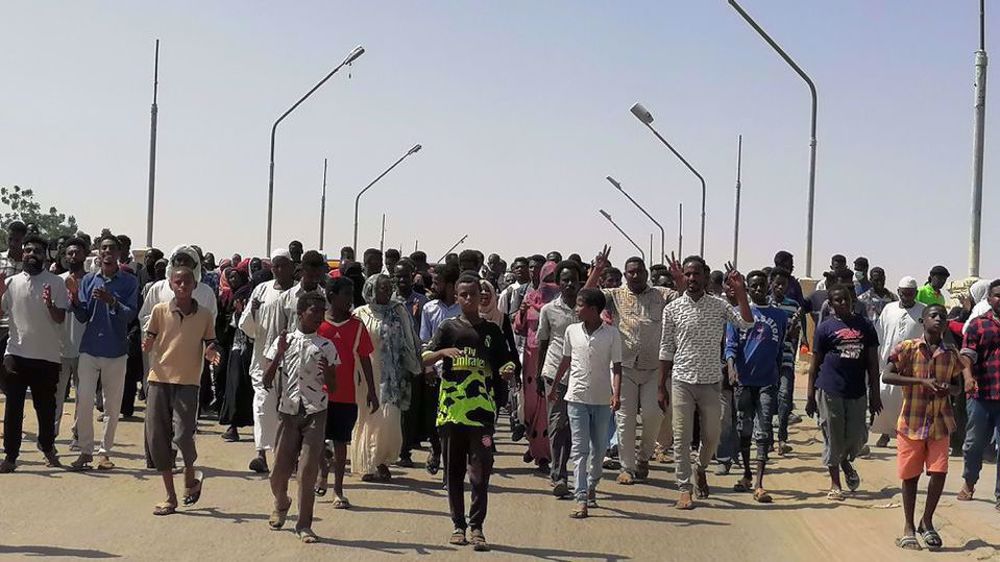
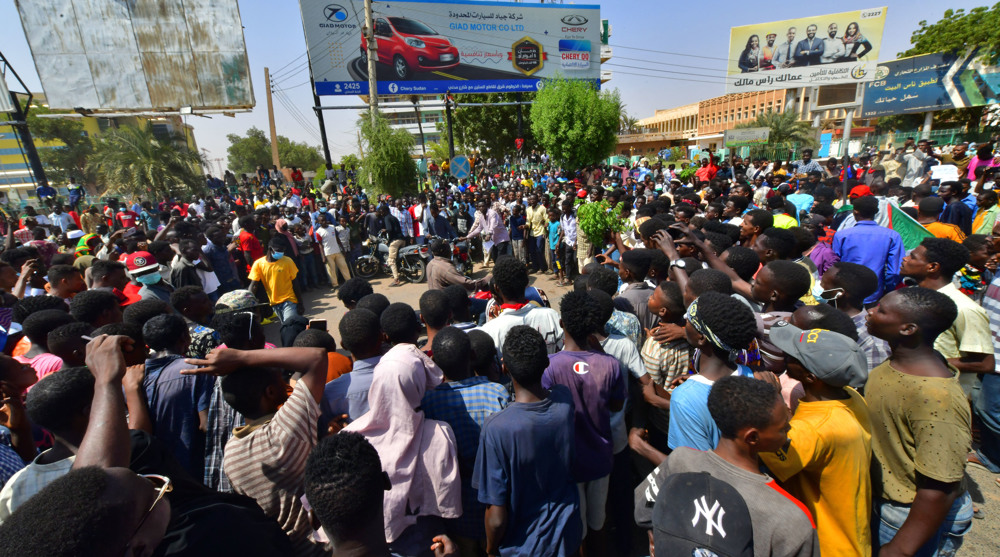
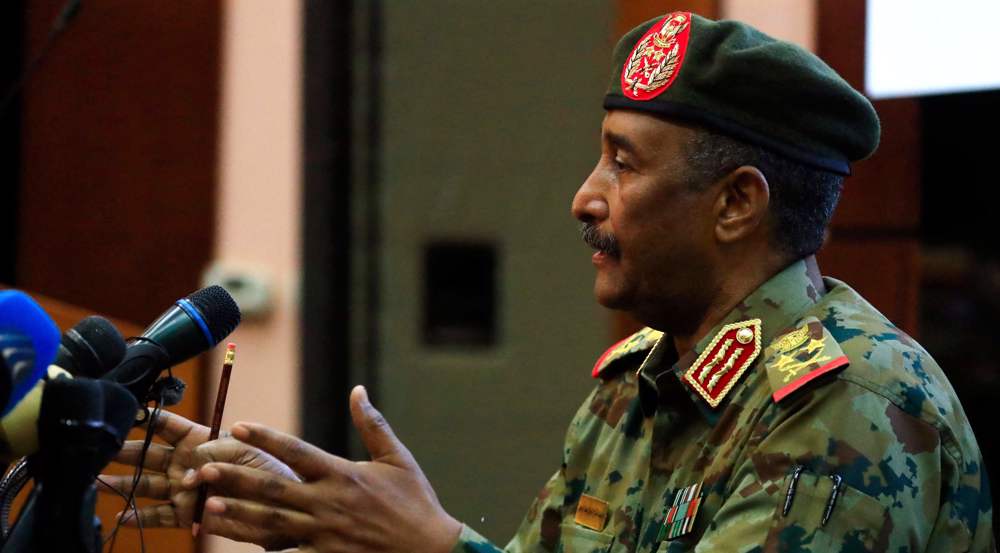
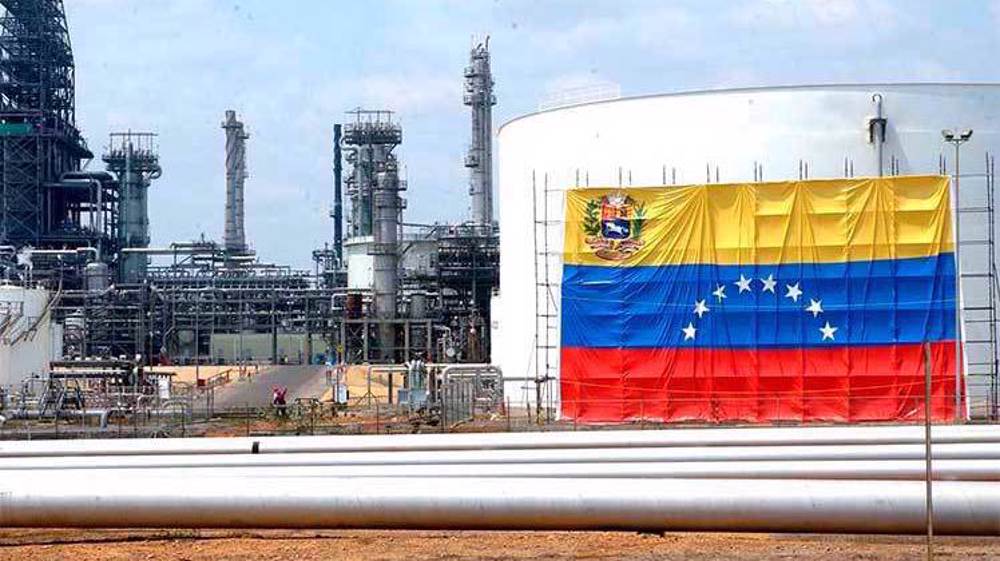
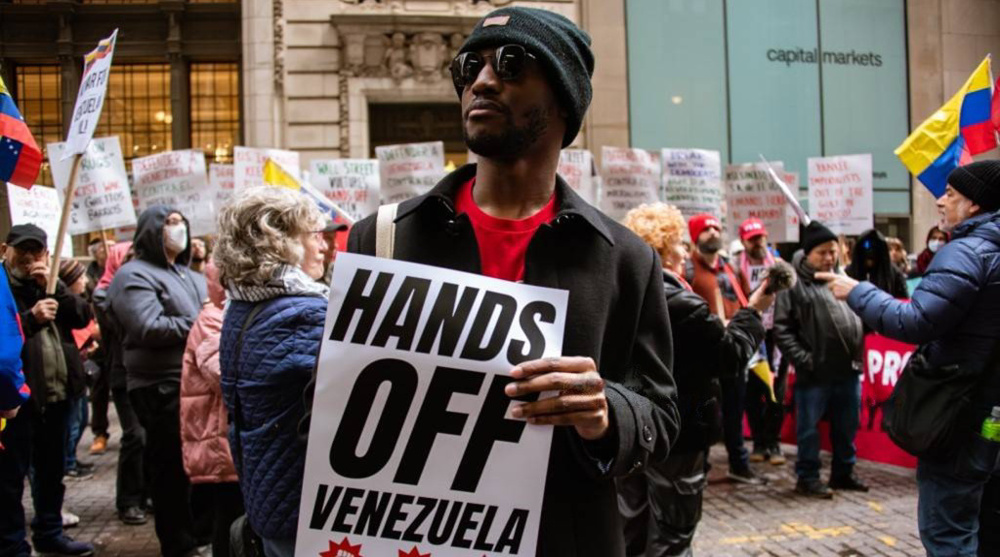
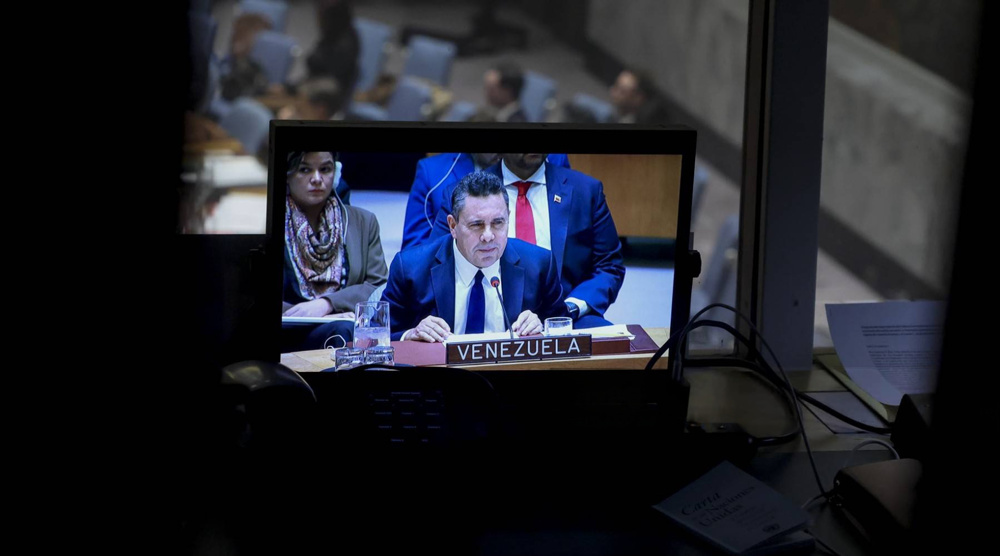



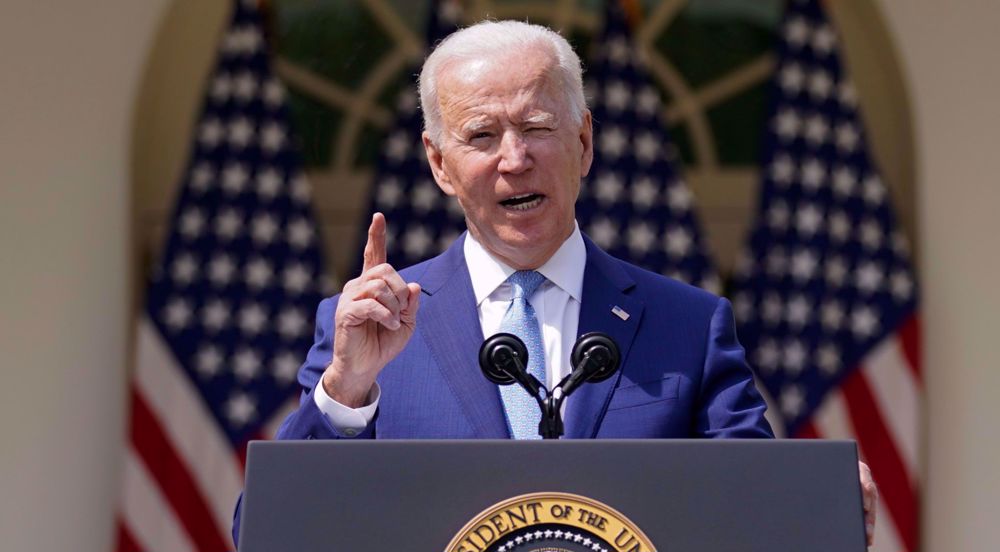
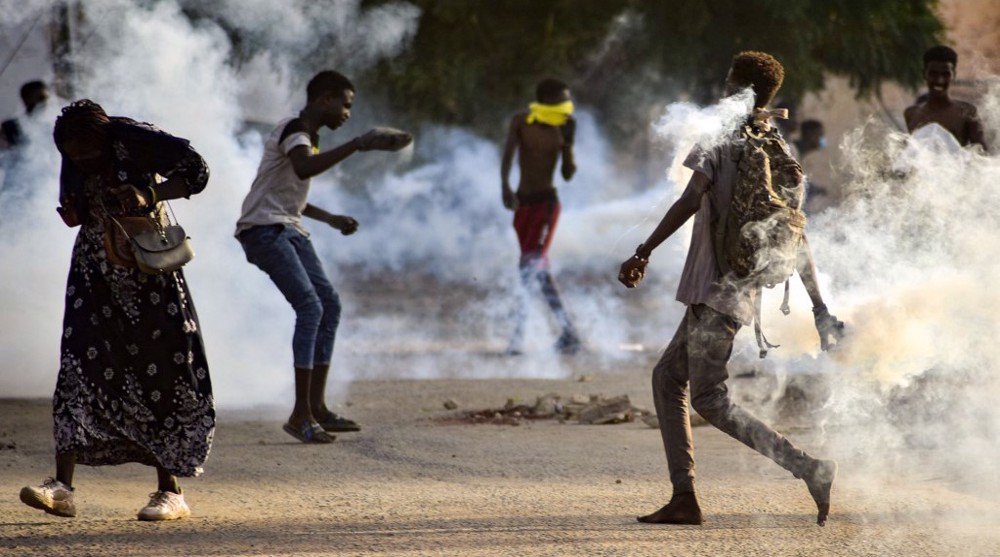
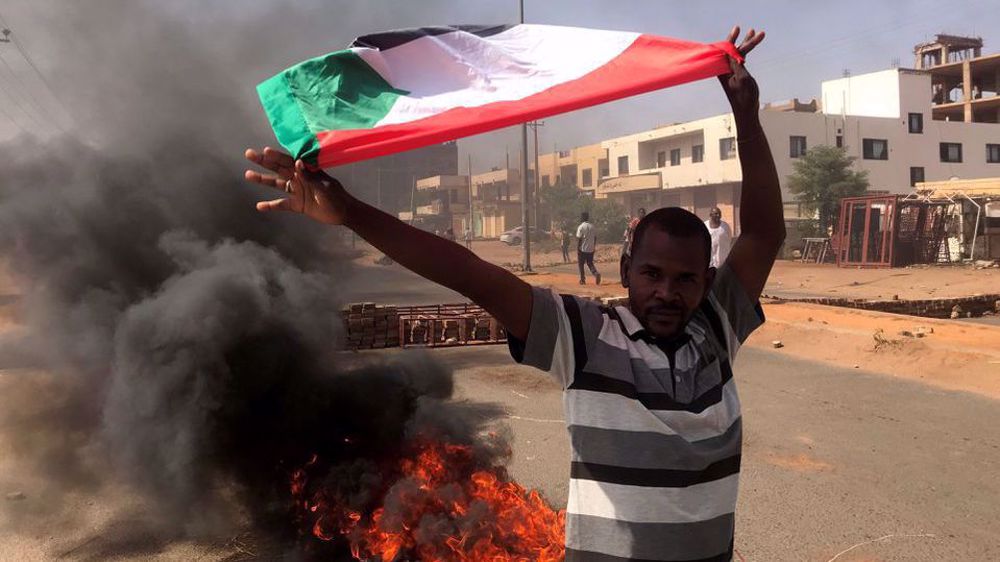
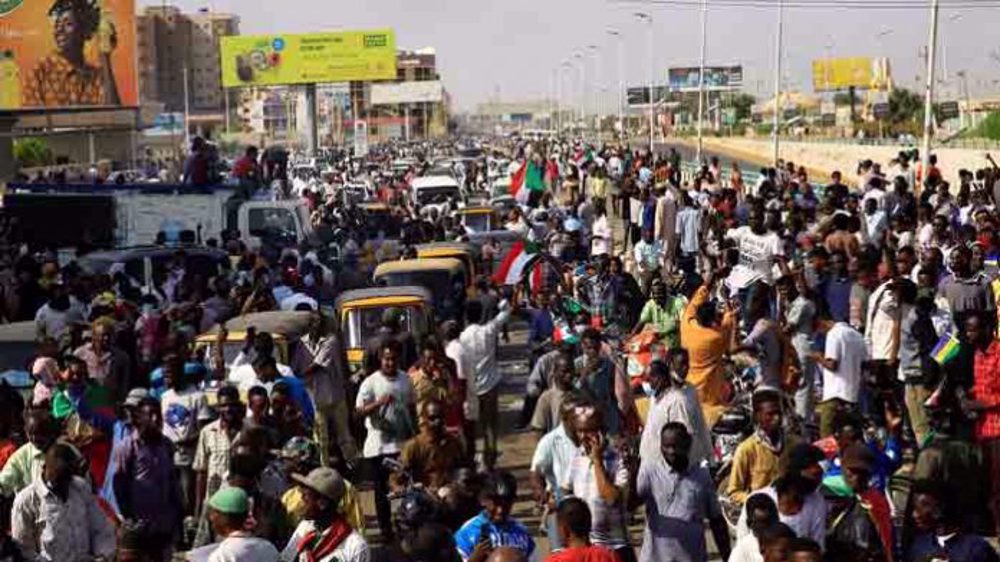

 This makes it easy to access the Press TV website
This makes it easy to access the Press TV website